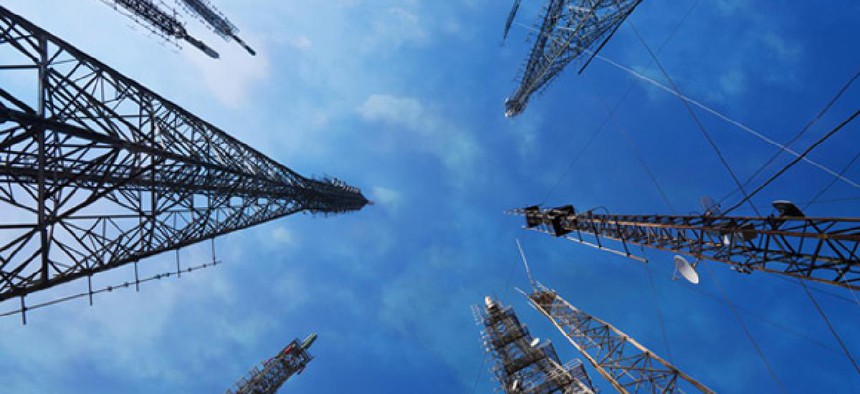Finally, a new bill requires police get a judge's approval before they see your texts or location

SERHAT AKAVCI/Shutterstock.com
A new bill reconciles Fourth Amendment protections and 21st-century search and seizure.
A month ago, we learned that more (and maybe many, many more) than 1.3 million people's cell phone data were handed over to US law enforcement agencies in 2011 alone. Text messages, caller locations, and records of who called whom and for how long had all been shared without a judges' approval -- because, according to current law, no approval is needed.
Last week, the Congressman who helped reveal how rampant and unregulated that sharing is introduced legislation to start restraining it. Called the "Wireless Surveillance Act of 2012," the new bill, in the words of its Massachusetts's Edward Markey, attempts to "update the 4th amendment for the 21st century."
The discussion draft of the Surveillance Act, according to Markey, would immediately limit how and why enforcement agencies can ask for "tower dumps." Tower dumps, in the words of ProPublica reporter Megha Rajaopalan:
list every phone in range of a cell tower at a particular time. In cities, where cell towers are located close together, it is possible that the locations of thousands of people might be swept up in a single request.
According to the Congressman, the new bill would tailor the kind of information that can be requested in "dumps" and make them less frequent.
Read the full story at The Atlantic.
(Image via SERHAT AKAVCI/Shutterstock.com)






